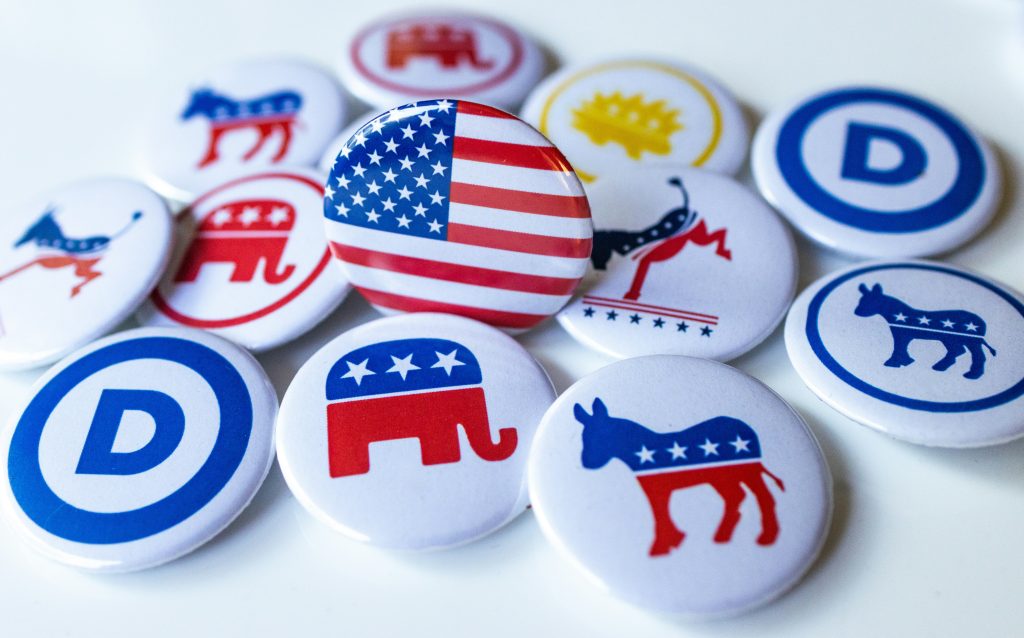In a surprising revelation that has captured public attention, Doug Emhoff, the Second Gentleman of the United States, has publicly acknowledged having an extramarital affair during his first marriage. This admission sheds light on his past and raises questions about the impact of personal relationships on political life. Emhoff’s confession comes in the wake of reports detailing a relationship he had with a teacher at his children’s school, which occurred years before he met Vice President Kamala Harris.
The affair, which was revealed in various media outlets, contributed to the dissolution of Emhoff’s first marriage, a fact that he has now openly confirmed. Sources indicate that Emhoff disclosed the details of this relationship to Harris prior to their marriage in 2014, as well as to the Biden administration during the vetting process in 2020 for the vice presidential candidate position.
This admission not only reflects Emhoff’s commitment to honesty in his personal life but also highlights the challenges public figures face when navigating their pasts under the scrutiny of the media and the public. As the husband of the Vice President, Emhoff occupies a unique position in the political landscape, often balancing his role as a supportive partner while also engaging in his own public duties.
Emhoff’s acknowledgment comes at a time when public interest in the personal lives of political figures is at an all-time high. His decision to openly discuss his past may resonate with many who have faced challenges in their personal relationships. It demonstrates a level of transparency that is often sought by constituents who desire authenticity from their leaders.
The affair, which took place several years ago, has sparked discussions about the nature of relationships in the political sphere. Many are left wondering how such revelations impact not only Emhoff’s reputation but also that of Vice President Harris. While both have shown resilience in their personal and political lives, this revelation adds another layer to the complexity of their partnership.
As political figures increasingly find themselves under the microscope, the boundaries between public and private life continue to blur. Emhoff’s situation raises important questions about accountability, forgiveness, and the possibility of moving forward after personal mistakes.
Despite the controversy, Emhoff has continued to engage in various philanthropic efforts and advocate for issues close to his heart, including education and mental health. His commitment to these causes suggests that he aims to use his platform to foster positive change, regardless of his past.
In conclusion, Doug Emhoff’s admission of a previous affair serves as a reminder of the human complexities behind public personas. As he navigates the political landscape alongside Vice President Harris, the focus will likely remain on how they both handle the fallout from this revelation, and whether it will affect their future endeavors. Emhoff’s candidness may inspire others to confront their pasts with transparency and honesty, ultimately contributing to a broader dialogue about the intersection of personal integrity and public service.

